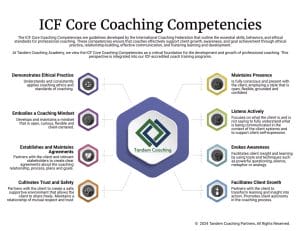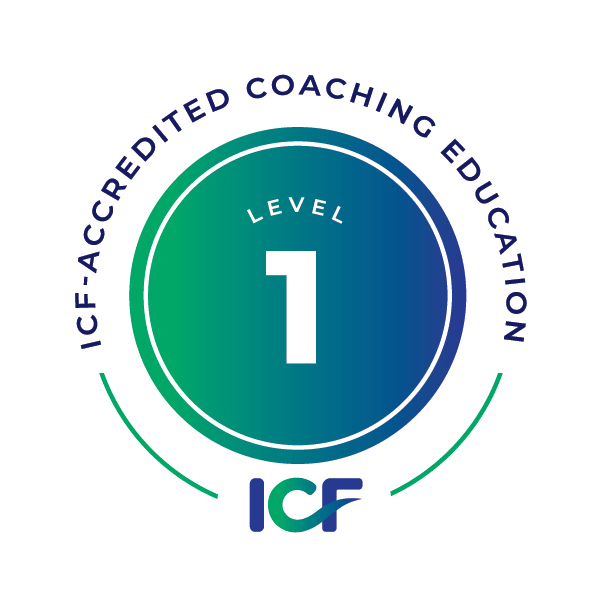Hi, Cherie’s here. Enhancing your ICF Coaching Competencies can seem like a daunting task, but with the right strategies, it’s entirely achievable. Whether you’re new to coaching or looking to deepen your practice, these competencies are the bedrock of effective coaching. Let’s explore how you can elevate your skills and bring more value to your coachees.
1. Continuous Learning and Education
The field of coaching is always evolving. Engage in ongoing learning through workshops, courses, and seminars. For instance, a coach specializing in leadership development might take advanced courses in emotional intelligence to better support their clients in navigating organizational challenges.
2. Practice, Practice, Practice
There’s no substitute for hands-on experience. Regular coaching sessions, whether paid or pro bono, provide invaluable opportunities to apply competencies in real-world scenarios. Joining a coaching circle or finding a coaching accountability partner can offer both practice and feedback in a supportive environment.
3. Seek Feedback and Supervision
Feedback is a gift. Regular supervision from a more experienced coach or participation in peer review sessions can offer fresh perspectives on your coaching style and approach. This feedback loop is essential for identifying areas for improvement and for celebrating progress.
4. Reflective Practice and Self-Review
After each coaching session, take time to reflect on what went well and what could be improved. This could involve journaling or recording your thoughts on the coaching process, client responses, and your own feelings during the session.
5. Utilize Tools and Resources
There are countless tools and resources available to enhance your coaching practice. From assessment tools like the DISC profile or StrengthsFinder to coaching models such as GROW or CLEAR, incorporating these into your sessions can deepen your understanding of clients and facilitate more effective conversations.
6. Engage in Mentor Coaching
Working with a mentor coach, especially one who has achieved a higher level of ICF certification, can provide personalized guidance and support. Mentor coaching often focuses on refining specific competencies, offering a targeted approach to professional development.
7. Participate in Communities of Practice
Joining or forming a community of practice allows for the exchange of knowledge, strategies, and experiences with fellow coaches. These communities can be invaluable for staying abreast of best practices and emerging trends in the coaching field.
8. Balance Work and Personal Development
Finally, personal development is as crucial as professional development. Activities that promote work-life harmony, such as mindfulness, exercise, or hobbies, can enhance your emotional resilience and empathy—key components of effective coaching.
Reflective Question and Call to Action
Which of these strategies resonates with you the most, and how can you start incorporating it into your practice today? I encourage you to choose at least one strategy to focus on in the coming weeks and observe the impact it has on your coaching. Remember, the journey to coaching excellence is ongoing, and every step forward counts.
Until next time, Cherie 💚

Unlock Your Coaching Potential with Tandem!
Dive into the essence of effective coaching with our exclusive brochure, meticulously crafted to help you master the ICF Core Coaching Competencies.
"*" indicates required fields
About the Author
Cherie Silas, MCC
She has over 20 years of experience as a corporate leader and uses that background to partner with business executives and their leadership teams to identify and solve their most challenging people, process, and business problems in measurable ways.















